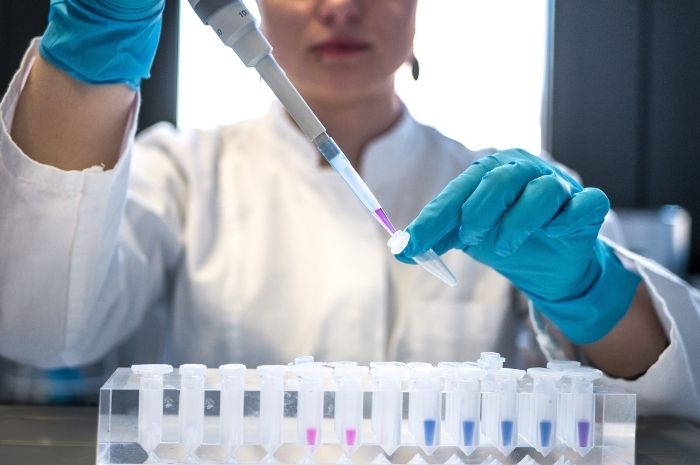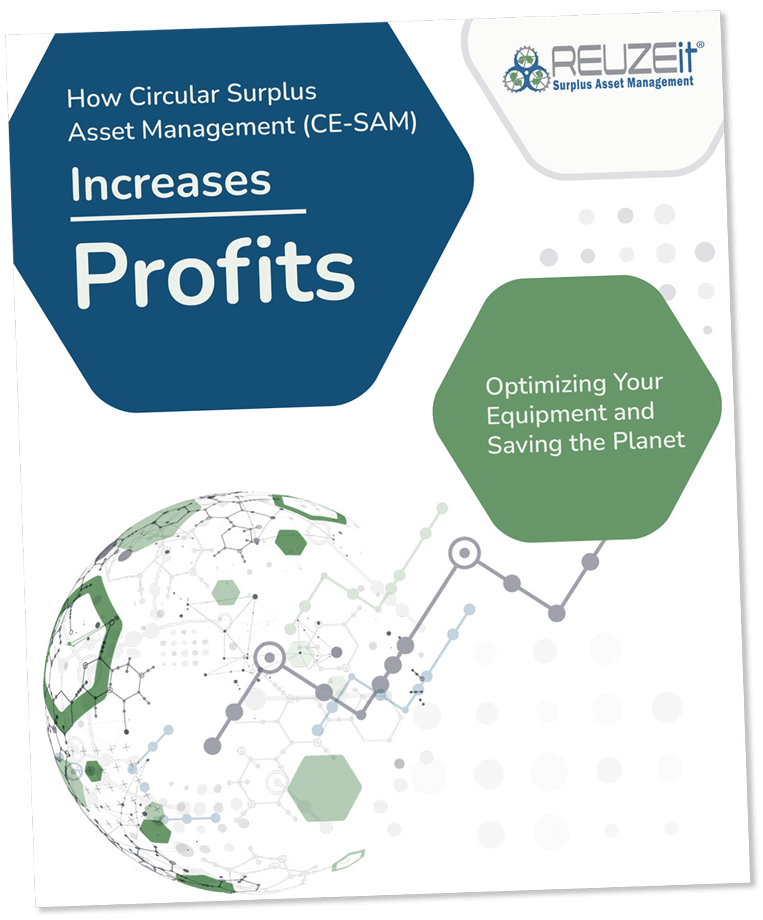Today, buying used products has become more common than ever before. With so many companies offering recycled goods for discounted prices, it makes sense to choose this route when purchasing the equipment you need for your business.
Buying used lab equipment can be helpful as it is much more affordable. However, finding the right company that sells the best used equipment can be a difficult process to navigate.
How can you ensure that you are buying from the most reputable source and getting the highest quality instruments? The following tips will help you have some peace of mind while on the hunt for the best deals.
#1 Do your research
First and foremost, dot your “I’s” and cross your “T’s”. It is crucial to conduct the proper research on the specific instrument you’re looking to purchase in order to know what to expect. Next, do your due diligence and learn about the companies that are selling them refurbished.
Be sure to visit the website of each supplier and familiarize yourself with important information. Read customer reviews and look into the company’s history before contacting a representative. Compare different suppliers and choose the one you think is best.
Be careful of brokers that may be advertising long lists of used equipment that they do not control or guarantee. These companies may offer lower prices, but you may end up with a product you didn’t order.
If a supplier appears to be trustworthy upon first impression, acquire the contact information and give them a call to discuss details further. But don’t jump the gun just yet!
#2 Determine the price and quality!
Two of the main factors when purchasing used equipment are the price and the quality. It goes without saying that you get what you pay for, especially when buying refurbished products.
It may be convenient to save some money in the beginning, but you could end up losing money in the end if the instrument is of lower quality and needs to be replaced soon after purchasing it.
Don’t be afraid to ask questions regarding the quality and history of the product. This can offer more clarity and will give you insight on the supplier’s customer service skills.
#3 Establish good rapport
This step might seem unimportant, but it is a crucial aspect. Customer service goes a long way and you want to ensure that the supplier you choose to work with understands the value of building good rapport.
In the instance that you are having issues with the used equipment you’ve purchased, you want to feel comfortable calling for assistance and being well received on the other end of the line.
#4 Find out about the warranty!
Many suppliers of used lab equipment offer money back guarantees and/or warranties. Don’t ever purchase without getting a warranty on the product!
Be wary of companies that offer “money back guarantees” or short-term two week to thirty day warranties. This can mean that the supplier doesn’t have enough staff, inventory or expertise to fix an issue with your purchased equipment should it arise.
Another point to keep in mind touches again on the quality of customer service of the supplier. If you experience an issue with your purchased refurbished instrument after the warranty period expires, you may be able to receive more affordable repair when you can feel confident in your history with the supplier.
#5 Make sure the used lab equipment is tested!
Before you do your own assessment of the used lab equipment you’re interested in purchasing, it is crucial that you can guarantee the equipment has been tested and goes through a comprehensive evaluation. Trustworthy suppliers will have records showing that the functions, specifications, and features are operating correctly.
It is wise to request information such as an instrument’s condition on a scale from one to ten, one being “you get what you get and you don’t throw a fit”, and ten meaning fully refurbished and functioning like new.
Don’t be afraid to ask for the maintenance records for the lab equipment. Certain trusted suppliers will allow you to see live or recorded videos of the equipment in use to ensure the quality is what they say it is.
In some cases, you can visit the warehouse and tour the facilities. This way you can inspect the in-house refurbished lab equipment to see for yourself whether it is properly tested.
#6 Be sure to ask when it will be delivered!
This step can often be overlooked, but it can be a major deciding factor when it comes to choosing the supplier from which you purchase equipment. When you are in need of a specific instrument, it can be a time sensitive situation and you don’t want to be waiting for too long to receive your used equipment.
A supplier should be upfront about where their equipment is located and how long it will take for you to receive your order. Next day delivery should be viewed as a red flag as it could mean the equipment is not properly tested.
#7 Gather advice from experts
Even after going through all of the above and making sure you ask the correct questions, there is still a slim chance you could have missed some vital information to ensure that you’re making the right purchase. This is why it is a great idea to reach out for guidance.
Ask an expert. Most credible suppliers have a long history working in and serving the scientific and medical communities. The best way to be confident that you’re conducting business with a supplier you can trust is to reach out for referrals.
Conclusion
Buying used lab equipment can certainly be more affordable and efficient, but it also poses a great risk. It is crucial to enter into the process knowing where to start, what to ask, and how to know you can trust a supplier. Remember the following:
- Do the proper research on the equipment AND the supplier.
- Compare prices and keep in mind that you get what you pay for!
- Work with a supplier that has the time to answer your calls and provide great customer service.
- Never purchase used equipment without a warranty!
- Make sure the equipment is tested to ensure the best quality!
- Know where it’s coming from and when you’ll be receiving it!
- Ask an expert.




